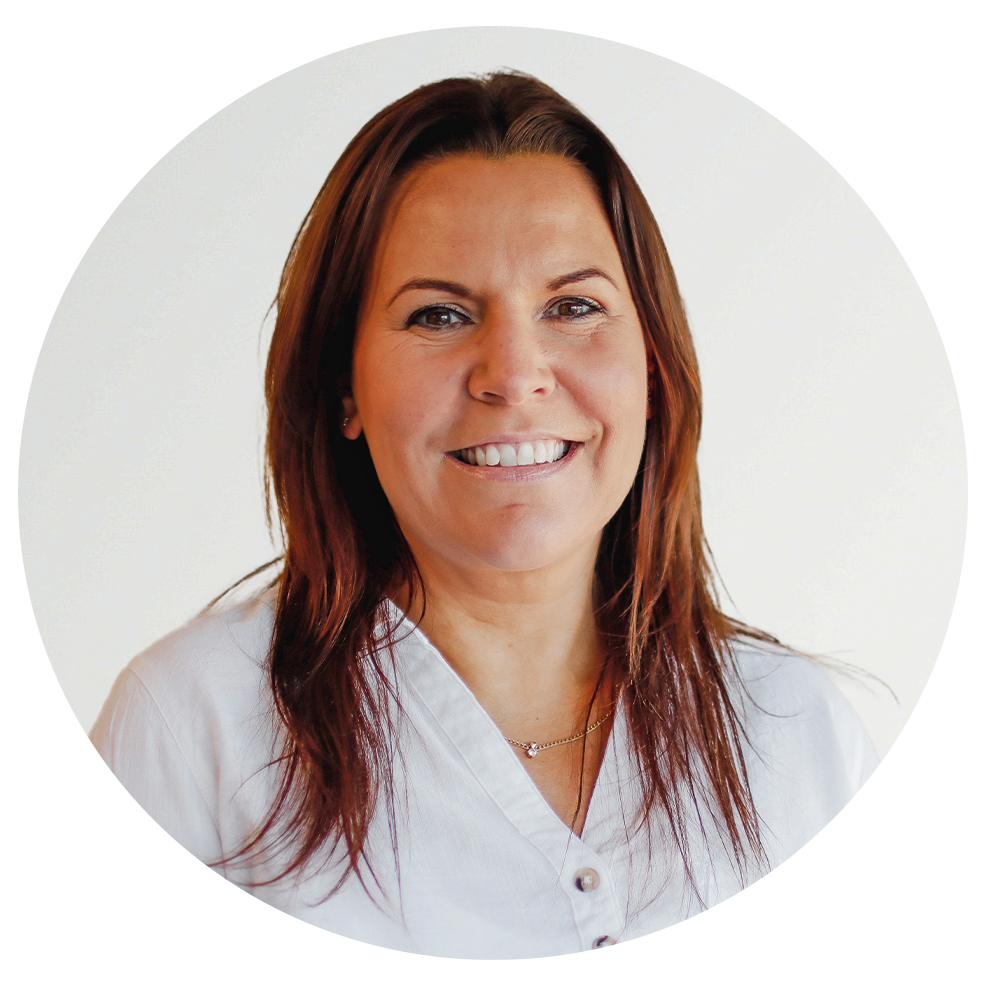The link between nutrition, pressure ulcer prevention and wound healing
Our skin is the largest organ of the body and acts as a barrier to our internal systems that are essential for our health and well-being. Within this webinar you will learn about taking positive steps with your patient’s nutrition to ensure you are doing all you can for your patients to improve their skin integrity, to give the best outcome to prevent any breakdown and if a wound or pressure damage occurs, how you can put in place strategies to heal these wounds using nutrition.
Learning Outcomes
- To have an understanding of prevention of pressure ulcers using the aSSKINg bundle
- To gain more in depth understanding of how nutrition plays an important part in the viability of tissue
- To identify high risk individual’s due to their medical considerations
- To understand how nutrition helps with healing wounds and how to do this in practice
Meet our Experts

Sarah has always had a keen interest in Tissue Viability since becoming a registered nurse in 2002. Her experience varies from within a community setting, where she completed her Tissue Viability based degree in 2007. She then worked within the private sector to gain additional advanced wound care skills whilst working with a medical devices company specialised in wound healing. In 2010, Sarah became a Tissue Viability Nurse and shaped a specialised service within the acute sector for 7 years before returning to the community setting as a TVN.

Tracy has worked as a registered nurse since 2004 and has always had an interest in nutrition. Spending much of her career in different critical cares Tracy worked on various nutrition initiatives around artificial feeding – including naso-gastric feeding and parenteral nutrition. By 2011 Tracy moved on to become a Nutrition Nurse Specialist covering all aspects of patient nutrition. During this time Tracy became an active member of the National Nurses Nutrition Group, becoming Secretary in 2016. By 2017 Tracy moved into Cancer Services, first working as a upper gastrointestinal and hepato/pancreatic/biliary Lead Clinical Nurse Specialist.
People who watched this also watched...
Rebuilding lives after stroke
A stroke can happen to anyone. This is an awareness raising webinar looking at what a stroke is and how to recognise when someone might be having a stroke. Having a greater insight into how this brain injury can impact on individuals, can help to inform any professional or personal interactions you may have with people affected by stroke. This webinar also covers what we can all do to reduce our risk of stroke, the work of the Stroke Association and ways we could potentially make a difference together.
AI in healthcare: Practical skills for the modern workplace
This webinar demystifies artificial intelligence for healthcare professionals who may feel overwhelmed or uncertain about AI's role in clinical practice. Moving beyond tech jargon and hype, we'll explore what AI actually is, how it works in healthcare contexts, and most importantly, how to use it safely and ethically in your daily practice.
Participants will learn practical applications for documentation, care planning, and clinical research synthesis, while addressing critical concerns about patient privacy, data security, and maintaining professional judgment. Through real-world examples from a physical therapy context, attendees will discover how AI can become a valuable thinking partner and help them reclaim time for patient care without compromising quality or ethics. The session incorporates recent ethical guidance from professional organisations to ensure responsible AI implementation.
The importance of good clinical reasoning
In this two part webinar we will explore:
Part 1: What is clinical reasoning and why is it important – with a focus on the interchangeable terminology and obtaining a deeper understanding of the need for clinical reasoning.
Part 2: How do you clinically justify and how can we get better at it – the speakers will share their thoughts, tips and tricks on best practice.


